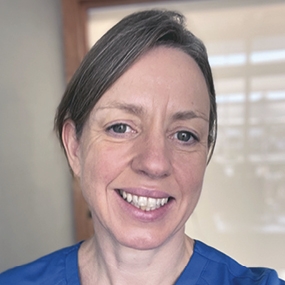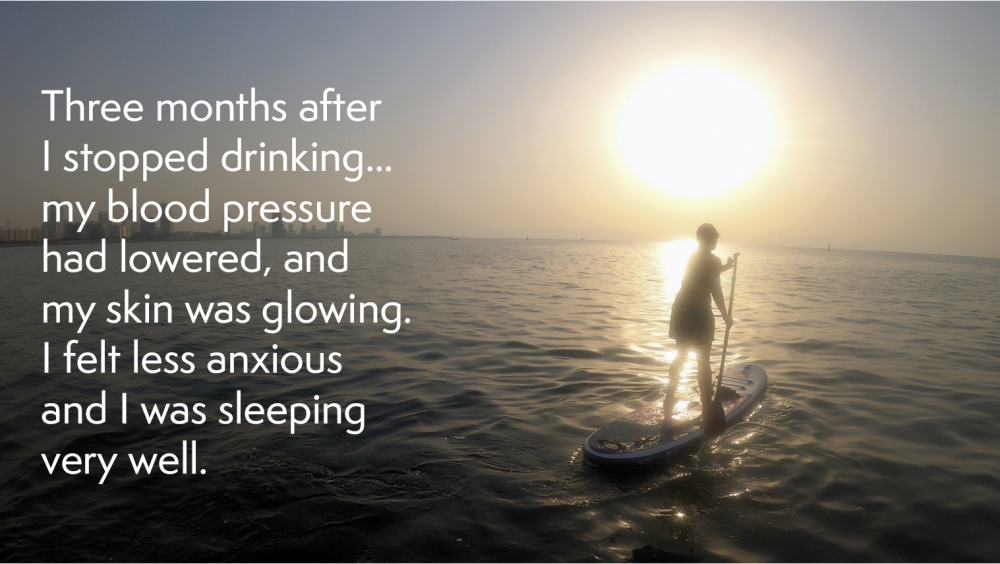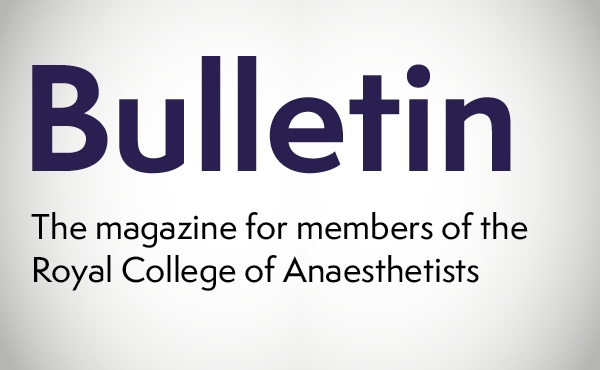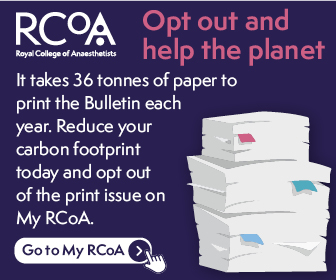- Bulletin: January 2023
- Opinion
Time for last orders?
Dr Helen Saunders takes a look at the role of heavy drinking in the medical world.

Al Khalifa Specialist Cardiac Centre, Bahrain
drhelensaunders@gmail.com
I woke up with my heart pounding and a splitting headache wondering if I had said anything too embarrassing at the previous night’s Hospital Awards Ball, dreading the coming weekend on call. I was a highly successful award winning consultant, but inside I felt hypocritical and anxious. Enough was enough. I decided that was it, I would stop drinking alcohol for good.
There has been a long tradition of heavy drinking in the medical world. Doctors were among the occupations with the highest alcohol-related mortality in the 1970s and 80s. However more recent studies show a lower mortality than many other occupations, suggesting that attitudes to alcohol are changing.1 Anaesthetists have a high incidence of substance-use disorder when compared with other doctors, and alcohol-use disorder continues to be the most common type of this.2
The recent pandemic has polarised behaviours, with people either increasing their alcohol intake or significantly cutting down. There were large increases in alcohol-related deaths in 2020 and 2021 (a nearly 20 per cent increase on previous years).3 Despite these worrying figures, alcohol remains a socially acceptable substance with widespread advertising and governments gaining significant tax income from its sales of around £10 billion per year.
Cigarettes have graphic warnings on their packaging, but despite the fact that alcohol is also classified as a carcinogen by the WHO, there are no warning messages on alcoholic drinks and many people do not associate alcohol with cancer.
Alcohol is associated with mental health problems both as cause and effect. People who drink heavily have higher rates of depression and anxiety. Even small amounts of alcohol can cause changes in your brain: a study in the BMJ, where 550 people were MRI-scanned over a 30-year period, showed that 65 per cent of people who drank between 14 and 21 units per week showed shrinkage of the hippocampus compared with 35 per cent of teetotallers.
At medical school in the 1990s, heavy drinking was celebrated. Junior doctors’ long shifts were followed by big nights out ‘winding down’. Celebrations and commiserations over the trials of the professional exams revolved around alcohol. I became a consultant cardiac anaesthetist, and long stressful days were often followed by ‘well deserved’ glasses of wine. My mother was diagnosed with cancer and passed away at only 69, and I was devastated. I noticed that alcohol was less about accompanying pleasure and more about numbing my feelings.

Many people see a big change after 100 days with no alcohol. Three months after I stopped drinking my resting heart rate had dropped from 80 to 60BPM, my blood pressure had lowered, and my skin was glowing. I had more energy in the mornings and was more organised and able to deal with problems. I felt less anxious and I was sleeping very well.
There has never been a better time to be ‘sober-curious’. There is so much support available in a myriad of ways. The Sick Doctors Trust has a 24-hour helpline run by doctors, and Alcoholics Anonymous meetings are available online or in person. But modern technology is revolutionising the support available. There are apps which can count sober days, give you tips on how to keep going, and calculate how much money you have saved – for example the Dry January app.
There are many positive, supportive podcasts and online communities where you can meet groups virtually, either in your own name or anonymously, such as overtheInfluence.co.uk. There are excellent informative books like ‘Alcohol Explained’, the first five chapters of which can be downloaded for free online (alcoholexplained.com).
There is a wide array of delicious alcohol-free beverages available in supermarkets, bars and restaurants. The wellness trend is spreading, especially in millennials, and alternative events to alcohol-based socialising are appearing everywhere – for example, morning runs at medical conferences. Eight years on, I have never regretted my decision – and the benefits keep coming. I am healthier and happier. I moved to a brand new hospital in the Middle East, and am fully present and able to maximise every opportunity that comes my way.
So, if you want a change in life, why not try three months without alcohol and see what happens to you?
References
- Baker A. Alcohol-related deaths by occupation: what do data for England and Wales in 2001–2005 tell us about doctors' mortality? Alcohol and Alcoholism 2008;43(2):121–122.
- Misra U et al. Substance use disorder in the anaesthetist. Anaesth 2022;77:691–699.
- Quarterly alcohol-specific deaths in England and Wales: 2001 to 2019 registrations and Quarter 1 (Jan to Mar) to Quarter 4 (Oct to Dec) 2020 (ONS).
- Topiwala A et al. Moderate alcohol consumption as risk factor for adverse brain outcomes and cognitive decline: longitudinal cohort study.
More from the Digital Bulletin
- Bulletin: January 2023
- Opinion
As we were: anaesthesia with alcohol vapour?
- Bulletin: January 2023
- Opinion
Using technology for the NAP7 survey
- Bulletin: January 2023
- Opinion
101 tonnes of CO2
Return to the table of contents.
Are you enjoying the Digital Bulletin?
It's now very easy to opt-out of the print version and only receive the digital Bulletin. Log in/sign up for My RCoA untick the print option and tick the digital option.




